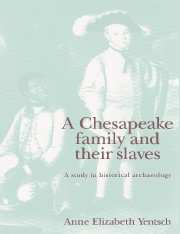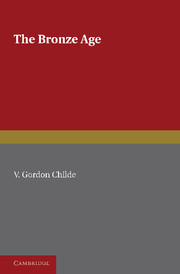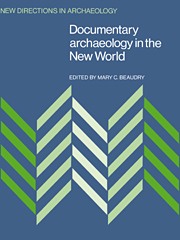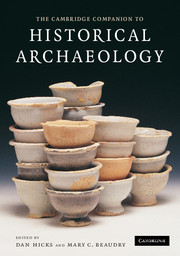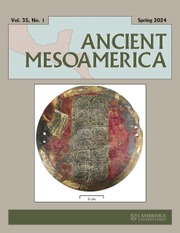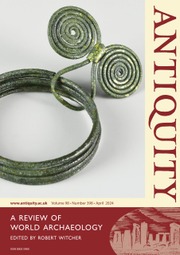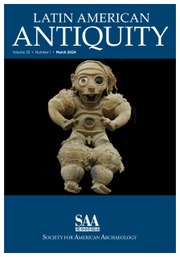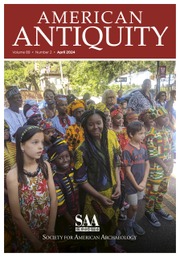A Chesapeake Family and their Slaves
Analysing the material remains left by Maryland's colonists in the eighteenth century in conjunction with historical records and works of art, archaeologists have reconstructed the daily life of the aristocratic British family of the governor of Maryland. In this large household people from different cultures interacted, and English and West African lifestyles merged. Using this fascinating case-study, Anne Yentsch illustrates the way in which historical archaeology draws on different disciplines to interpret the past.
- Highly unusual in the scope of its coverage of black women
- The only study on eighteenth century Calverts (all others on seventeenth century predecessors), hence, will appeal to historians and archaeologists
Reviews & endorsements
"For those scholars who have waited for a new kind of scholarship to emerge from the Chesapeake, it has made its first appearance in Yentsch's important book." Carter L. Hudgins
"The author successfully uses thick description to elucidate the natural, personal, and cultural aspects of everyday life in Annapolis....her African-American discourse productively frames the interpretation of this small but important site with ever-widening and meaningful circles of a community and its creole context." William and Mary Quarterly
"In an excellent example of the leading edge of American historical archaeology, Yentsch provides a richly detailed case study proving the value of an anthropological and archaeological approach to American Colonial history....Highly recommended." Choice
"This is an extremely rich and complex volume, and, as with the other titles in Cambridge's New Studies in Archaeology Series, it seeks to bring the results of archaeological inquiry to a broad inter-disciplinary audience....It is no less than an interpretive tour de force that will stimulate discussion and debate for many years....She admirably succeeds in presenting a detailed picture of life and culture at a particular time and place in the Chesapeake region that should be of interest to a wide range of scholars." John P. McCarthy, Journal of Middle Atlantic Archaeology
"What began as salvage archaeology has resulted in one of three or four most innovative and rewarding books written during the past quarter century about the colonial Chesapeake...The book subsumes its strictly archaeological findings into an ambitious historical ethnography. As its remarkably rich bibliography shows, the book draws on social and political historiography in addition to historical archaeology to provide a context for understanding a complex household of free and enslaved families in the first half of the eighteenth century...Besides the rich specific information for historians of the early Chesapeake, the book can be read for its generic lessons about anthropological perspectives on history, of which archaeology is only one strategy." Jack Crowley, The Journal of American History
Product details
June 1994Paperback
9780521467308
472 pages
248 × 175 × 24 mm
0.965kg
98 b/w illus. 18 maps 44 tables
Available
Table of Contents
- Foreword
- Acknowledgements
- Permissions
- Preface
- Part I. Starting Points: Region, Town and Site:
- 1. Transforming space into place
- 2. Beginning the research
- Part II. Ruling the Province:
- 3. On behalf of his lordship
- 4. Governor Benedict Leonard Calvert
- Part II. Big Features and Topological Dimensions:
- 5. 'A house well built and with much strength'
- 6. Ordering nature: the Calvert orangery, garden and vista
- Part IV. Mosaics Built From Little Artifacts:
- 7. Touches of Chinese elegance: pottery and porcelain
- 8. Social distinctions in daily food
- Part V. Building Black Identities
- 9. The face of urban slavery
- 10. West African women, food and cultural values
- Part VI. Artifacts In Motion:
- 11. Putting meat on the bones
- 12. Hunting, fishing, and market trading
- Part VII. Time Markers and Social History:
- 13. Generations of change
- 14. Charisma and the symbolics of power
- Part VIII. The Vitality Of Cultural Context:
- 15. Archaeology as anthropological history
- 16. Archaeology, a topical discourse
- Bibliography
- Endnotes
- Appendix.

